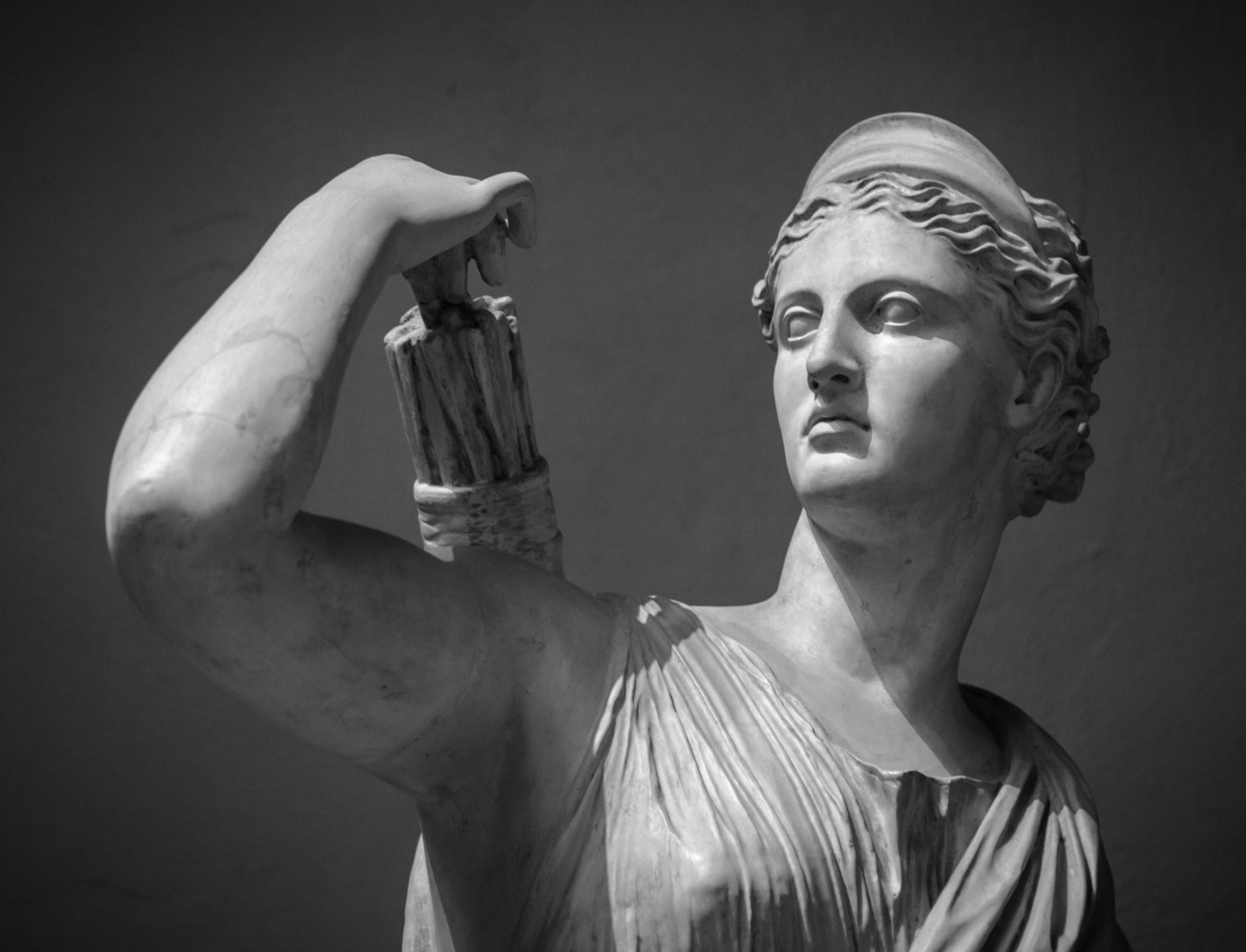Biomedical Ethics

PHLB09H3: Biomedical Ethics
Instructor: Eric Mathison
Description: This course will introduce students to some of the main topics in bioethics, including informed consent, truth telling, privacy, medical assistance in dying, abortion, and emerging technologies. We will consider both theoretical questions (e.g., What is death? What are the goals of medicine?) as well as some applied and policy questions (e.g., When should vaccinations be mandatory? How do we ethically distribute scarce resources such as organs?).
PHLC07H3: Death and Dying
Instructor: Eric Mathison
Description: We are all going to die (probably). Given this, there is value in trying to figure out what death is and how we should feel about it. In this course, we will tackle some of these questions. What does it mean to die? Why, if at all, is death a bad thing for the person who dies? Would it be better to live forever? We will also investigate some of the applied and policy questions about death, including what the legal definition of death should be, whether assisted dying should remain legal (and in what circumstances), and whether we can ever have a duty to die.
History of Philosophy
PHLC14H3: Topics in Non-Western Philosophy - Islamic Philosophy
Instructor: TBC
Description: Contemporary Philosophy, as taught in North America, tends to focus on texts and problematics associated with certain modes of philosophical investigation originating in Greece and developed in Europe and North America. There are rich alternative modes of metaphysical investigation, however, associated with Arabic, Indian, East Asian, and African philosophers and philosophizing. In this course, we will explore one or more topics drawn from metaphysics, epistemology, or value theory, from the points of view of these alternative philosophical traditions.
PHLD31H3: Advanced Seminar in Ancient Philosophy: Plato's Republic
Instructor: TBC
Description: This seminar will be devoted to reading and contemplating Plato's Republic in its entirety. In working through this most comprehensive and influential work of ancient philosophy, we will try to understand and think critically about Plato’s views on various philosophical topics, his arguments and modes of argumentation, and his overarching vision. We will also consider to what extent these things are of enduring interest for us today.
Political Philosophy

PHLC92H3: Political Philosophy
Instructor: TBC
Description: An examination of some central philosophical problems of contemporary political philosophy.
PHLD78H3: Advanced Seminar in Political Philosophy
Instructor: Avia Pasternak
Lecture Mode: In-person
Description: What is Global justice? Do former colonizing states have obligations of reparations to their former colonies? May the rich states of the world close their borders to migrants from developing countries? Who owns the natural resources of the world? Under what circumstances may states engage in violence against each other? In this course we will investigate such questions, but reading and thinking about texts in recent global justice and international political philosophy. The course will be organized around four core units: (1) Global justice: contemporary and historical (2) territory and natural resources (3) borders and migration (4) conflict and war . In each of these units we will explore the rights and duties of citizens and states in an increasingly globalized world.
